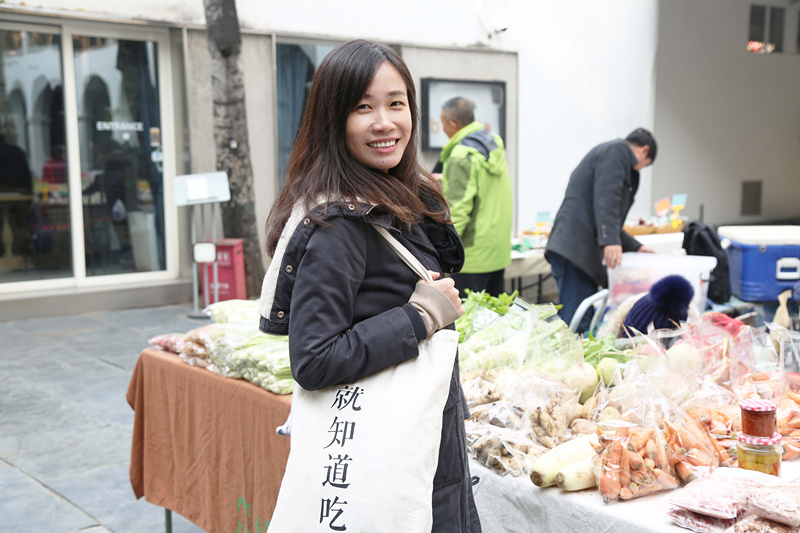For zero-waster, less is more

For Tang Beijia, a 33-year-old former sales trainer, living a "zero waste" life doesn't just mean fewer objects in the closet or kitchen. It's also a journey about exploring the essence of life.
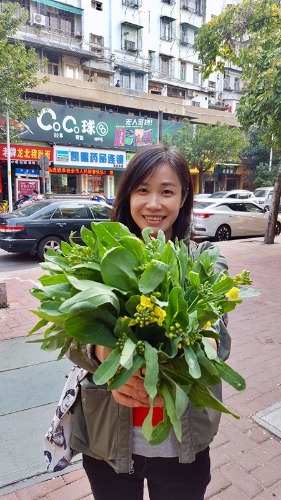
Tang is the founder and runner of GoZeroWaste, a media platform dedicated to promoting a zero waste lifestyle.
"I used to think the idea of environmental protection was not fun, and that going zero waste meant living an austere and self-denying way of life," Tang said.
Her mind changed in September 2016 after reading an online story of an American girl who produced only one can of waste in two years.
"At that time, I still thought it was something far away from my life and could only happen in the US, where the waste classification and recycling systems are more advanced."
The next day, when Tang looked at the takeout container, plastic bag of fruit and packaging from online purchases that she used in one day, she was surprised at the amount of wastes she produced in a single day.
"After a closer look at the issue, I came to realize that the difference between me and her lay not only in the social system or infrastructure, but, more importantly, in differences in our ways of life."
So she started to reduce unnecessary purchases of goods she used to take for granted.
"I started to purchase goods in a more planned and reasonable way, and said no to takeout food, disposable cups and plastic bags. That reduced the waste I produced dramatically," she said.
Tang said that despite some doubtful glances cast on her at the beginning, most people could understand her actions.
"When I refused to use a free plastic bag at a supermarket and took out a cloth bag, the vendor looked at me in a puzzled way". However, after she explained her motive to the vendors, they would usually understand her and be supportive because that also saved some costs for them.
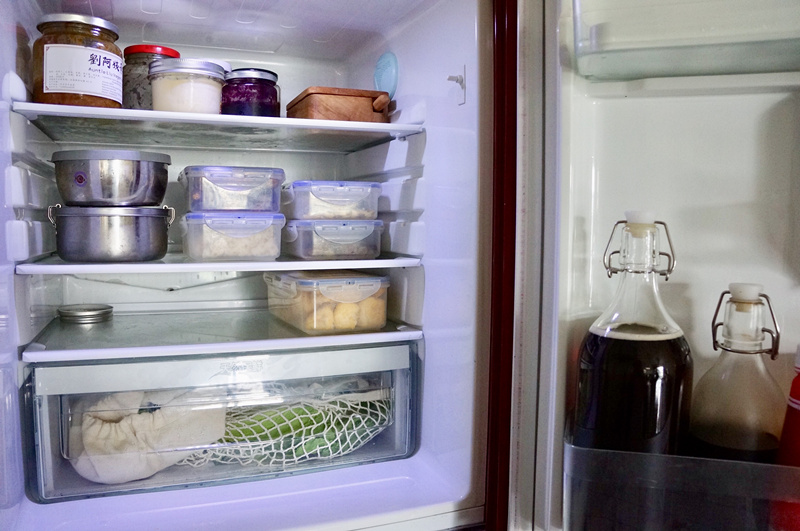
The transition to a zero-waste life also came with inconveniences.
"Sometimes my husband would complain about the inconvenience because every time we go out for shopping or dining, we take cloth bags or containers, big and small."
"But generally, my family has shown enough support for me in leading a waste-free life."
Tang said the power of individuals matters in changing unhealthy modes of consumption in society.
"Some might say it's the government's job to cope with waste problems. But in my eyes, we, as individuals, have a duty to do our part in reducing waste."
"When I go to the market to buy food, I would say to the vendor, 'I don't want this product because it has packaging.'"
"At first, many sellers would be reluctant to change the packaging of products because it might harm sales. But as more people have asked for unpackaged products, gradually some sellers responded to make changes because they care what consumers think. And the attitude of one shop could influence others. That is what I call 'voting with our money'."
For Tang, the process of reducing waste is also a journey of self-exploration and recognition.
"Every time I want to buy something, whether it is a piece of clothing or a new bag, I keep asking myself, 'Do I really need it?'."
"The self-questioning process helps me learn to distinguish real demand from desire."
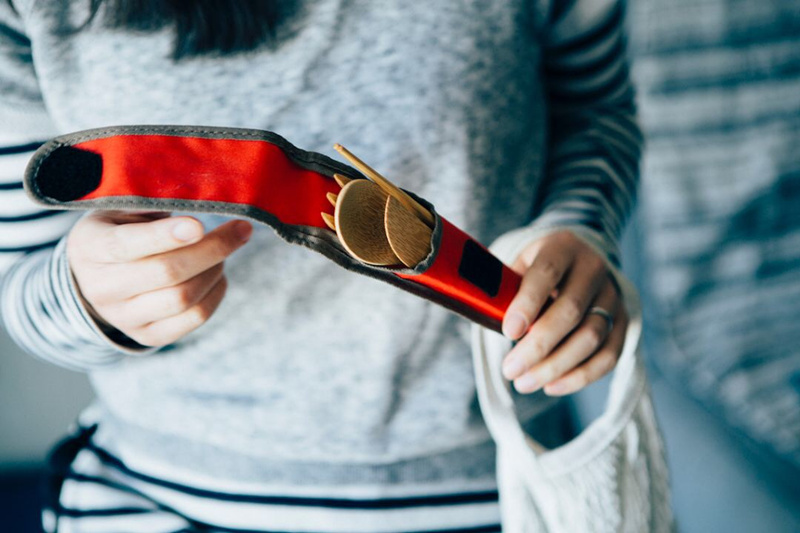
In one "less is more" experiment, Tang cleaned out her closet and selected 13 of her favorite clothes, while donating the rest to charities or putting them in recycling boxes.
"As it turned out, I spent much less time choosing the right clothes. And I found that I didn't need 50 bags or 30 pairs of shoes to look good."
"Most importantly, I realized that happiness does not come from material wealth, and what we really need is actually not much."
"I gave up my material obsessions and began to appreciate the other beautiful things in life."
To share her new findings with more people, Tang founded GoZeroWaste, a WeChat public account that posts articles about how to live a waste-free life as well as stories about environmental protection.
She also organizes an online community that links together people who care about environmental issues through activities such as a marketplace for secondhand clothes, zero-waste picnics and exhibitions.
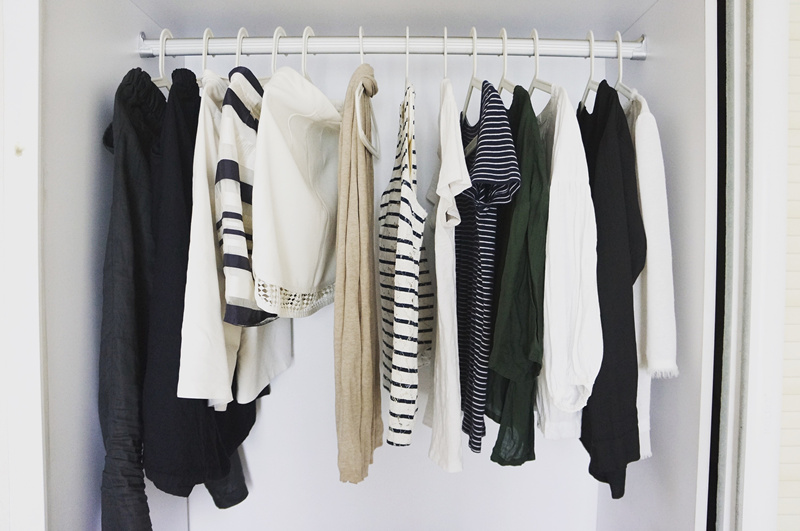
"I used to feel the strength of one person was very limited in practicing a green lifestyle."
"Through the platform, I have met many like-minded people. Some would tell me 'you are doing a great job' and some would say 'finally I have found a place where I belong'."
Tang said GoZeroWaste tries to help every person find his or her own way of living a zero waste lifestyle.
"In order to achieve something, we need a lot of people to do a little bit rather than only a few people to do a lot of things."
"I believe everyone can make his or her own contribution to the protection of our environment."
